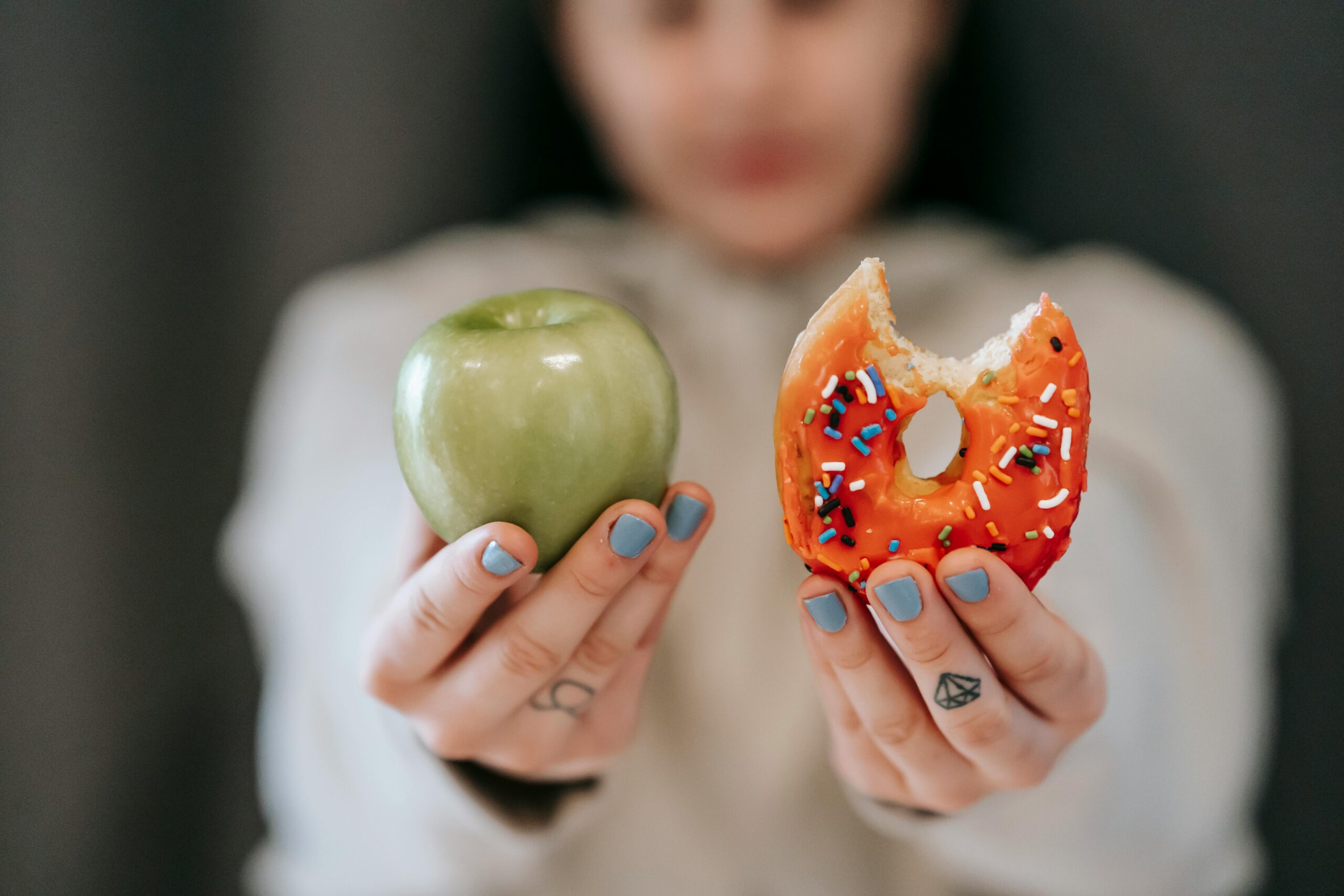Why Intermittent Fasting Helps Regulate Hormones and Appetite
Have you ever found yourself staring into the fridge at 10 PM, wondering if that leftover pizza is calling your name or if it’s just your hormones playing tricks on you? If you’ve ever felt like your appetite is on a rollercoaster ride, you’re not alone. Many people struggle with out-of-control cravings, and that’s where intermittent fasting (IF) jumps into the spotlight like a superhero ready to save the day.
The Science Behind Intermittent Fasting
Intermittent fasting isn’t just a trendy diet; it’s a lifestyle that has been practiced for centuries. Whether it’s the ancient Greeks discussing philosophy on an empty stomach or modern-day warriors running into battle without breakfast, the idea of fasting has deep roots. But why does it work so well for regulating hormones and appetite?
To understand this, let’s get into the nitty-gritty of hormones. Our bodies are like orchestra conductors, with hormones acting as the musicians. When everything is in harmony, our appetite and metabolism function beautifully. However, when the tempo is off, it can lead to chaos—think of a violinist playing a different tune. Intermittent fasting helps reset this orchestra.
How Intermittent Fasting Regulates Hormones
When you embark on an intermittent fasting journey, several key hormones come into play:
- Insulin: This hormone helps your body use sugar for energy. During fasting, insulin levels drop, which not only helps with fat burning but also improves insulin sensitivity. Think of it as giving your body a much-needed break from its all-you-can-eat buffet.
- Human Growth Hormone (HGH): When you fast, your body ramps up the production of HGH. This hormone is crucial for fat loss and muscle gain. So, if you’re looking to channel your inner superhero, this could be your ticket!
- Leptin and Ghrelin: Leptin tells you when you’re full, while ghrelin is the “hunger hormone” that sends you on food quests. Fasting can help reset these hormones, leading to a healthier appetite and reduced cravings. It’s like training them to work together instead of against each other.
The Impact on Appetite
Now, let’s talk about appetite. With intermittent fasting, you’re not just playing a waiting game; you’re also influencing how your body perceives hunger. During fasting periods, your body goes through a kind of metabolic reset. As your insulin levels drop, your body begins to tap into fat stores for energy rather than relying on constant food intake.
This shift not only helps you burn fat more efficiently but also leads to a natural decrease in appetite. It’s like your body finally says, “Hey, I’ve got this covered, no need to snack every hour!” As a result, many people find that their cravings become more manageable, and they’re able to eat less without the usual struggle.
Real-Life Experiences
Take Sarah, for example. She was the queen of late-night snacking, often demolishing a bag of chips while binge-watching her favorite show. After trying intermittent fasting, she noticed a significant change. By restricting her eating window, she felt more in control of her cravings. “I used to feel like a bottomless pit,” she laughs. “Now, I eat when I’m genuinely hungry, not just because it’s 3 PM.”
Or consider Mike, who struggled with post-lunch slumps that left him reaching for sugary snacks. By incorporating intermittent fasting, he found that his energy levels remained steady throughout the day. “I didn’t realize how much my snacking habits were influenced by my hormones,” he admits. “Now, I feel like I have a better handle on my appetite.”
Making Intermittent Fasting Work for You
Feeling inspired? Here are some tips to make intermittent fasting a seamless part of your lifestyle:
- Start Slow: If you’re new to fasting, try a 12-hour fast (for example, 7 PM to 7 AM) and gradually increase the fasting window as you become comfortable.
- Stay Hydrated: Water is your best friend during fasting. Not only does it keep you hydrated, but it can also help fend off hunger pangs.
- Listen to Your Body: Everyone’s different. Pay attention to how you feel and adjust your fasting windows accordingly. If you’re starving, it’s okay to eat! Intermittent fasting should enhance your lifestyle, not feel like a punishment.
- Embrace Healthy Foods: When you do eat, focus on nutrient-dense foods. Think of it as filling your car with premium gas instead of the cheap stuff.
Intermittent fasting isn’t just about skipping meals; it’s about understanding your body and how it responds to food. By regulating hormones and appetite, you’ll find yourself on a smoother path to health. So the next time you hear your stomach grumbling, take a moment to listen—it might just be your body asking for a little time to recalibrate. And who knows? You might just find that the leftover pizza isn’t as tempting as you once thought!



